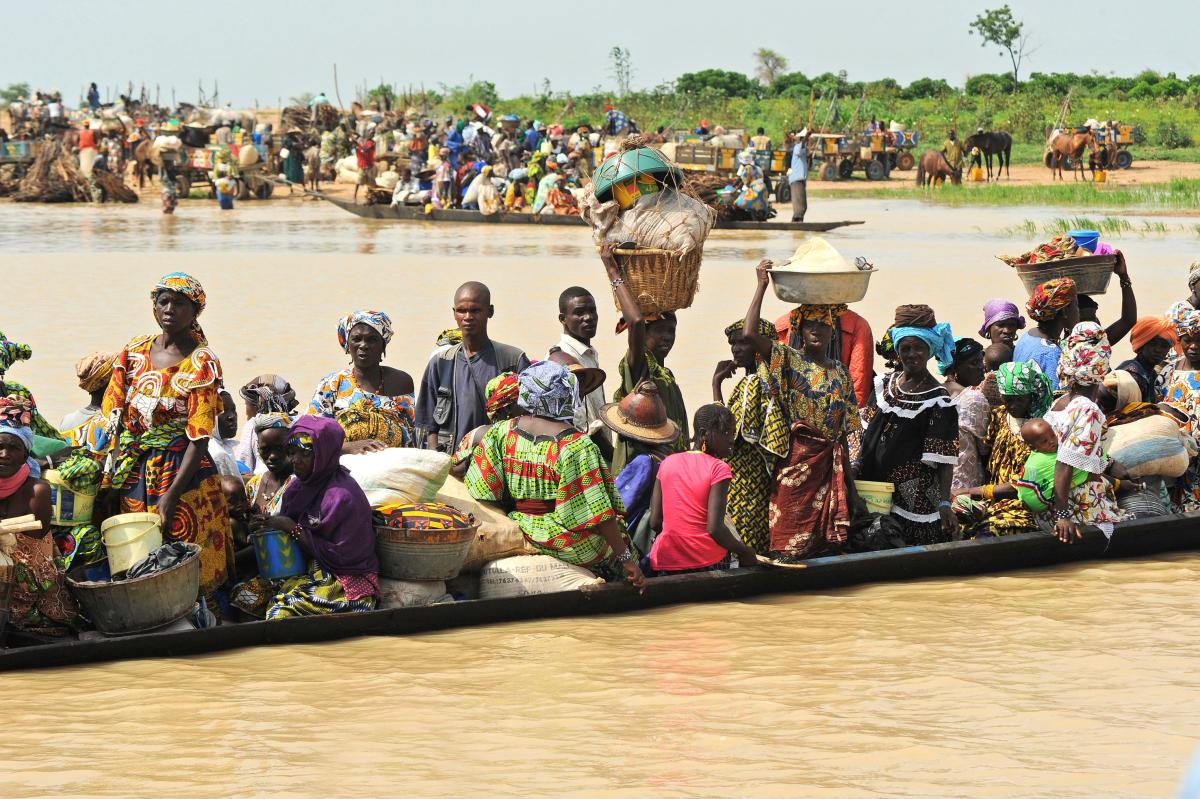Nigeria and five other countries in Africa are expected to benefit from the rehabilitation and restoration of Lake Chad Basin that would improve the development and management of their water resources.
According to a statement obtained from the African Development Bank (AfDB), the multilateral institution has signed a Memorandum of Understanding (MoU) to rehabilitate and restore the Lake Chad Basin.
The agreement, which was signed on the sidelines of the 37th African Union Summit in Ethiopia, would mobilise financial and technical resources to improve the development and management of water resources, support livelihoods and restore peace in the region.
Lake Chad, once considered the sixth-largest inland water body on earth for livelihood, has shrunk in area by some 92 per cent in recent decades while the larger Chad Basin contributes to food security for about 50 million people.
“The populations living in this ecosystem are facing major socio-economic challenges – add to that the insecurity situation due to terrorist groups which brings loss of livelihood, destruction of households, forced internal displacements and beyond our national frontiers,” said Republic of Chad Minister of Water, Passalet Kanade Marssela.
The AfDB’s Vice President for Regional Development, Integration and Business Delivery, Ms. Marie-Laure Akin-Olugbade, told dignitaries and sector leaders in water and agriculture at the signing ceremony that the agreement provides a framework for projects and programs to improve the quality of life for millions of Africans.
“This Memorandum of Understanding involves transforming living conditions in the hydrographic basin of the six member countries of the Lake Chad Basin Commission (LCBC), namely Chad, Nigeria, Cameroon, Niger, the Central African Republic and Libya. As the main financial partner of the Commission for several years, we will consolidate the gains made, through a new integrated regional programme that accelerates sustainable solutions to the challenges of Lake Chad and further improves the living conditions of the basin’s population,” she said.
The LCBC named the AfDB, “the champion Lead Partner for resource mobilisation for the revival of the Lake Chad.”
The Executive Secretary of the LCBC, Ambassador Mamman Nuhu, said: “Our shared goal is to ensure the sustainability of the Lake Chad Basin, especially the Lake, which has dramatically shrunk due to climate change and increased human demands. This…is a manifestation of our commitment to ensuring water security, economic prosperity, and stability in the region. It is an integral part of our shared goal to build climate resilience and sustainable growth.”
The AfDB has a track record of impactful support for the LCBC and its goals. Since 2005, the Bank has financed $241.3 million for several multinational projects in the water, transport, environment, and social sectors.
Recently, the Bank approved $17.8 million for a United Nations Development Programme initiative, “Rompre le cycle de fragilité à travers la stabilization au lac Tchad” (“Breaking the cycle of fragility through stabilisation in Lake Chad)”.
This initiative is expected to raise up to $21.5 million in additional financing from partner organizations.
The bank is also developing a multi-year institutional capacity building programme to strengthen the LCBC to carry out in-depth environmental, technical and economic studies that will inform solutions, decision-making, and financing requirements for basin restoration.
In addition, the bank’s African Water Facility is financing the development of the second, five-year investment plan to build a pipeline of projects for the sustainable and beneficial use of water resources in the basin, as well as prepare the groundwork for further investments.





